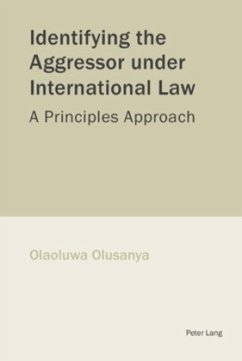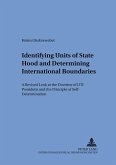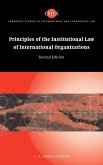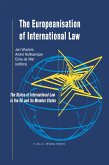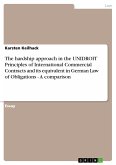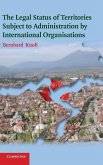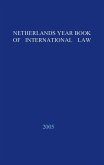This book deals with the identification of the aggressor state under International Law. This issue raises a deceptively easy question, that is, how does one distinguish the aggressor state from the victim state in situations involving the unilateral use of force? In a straightforward situation where state A attacks state B without any provocation, it is clear that state A is the aggressor. However, confusion begins to arise when state A first attacks state B as a form of 'anticipatory' self-defence; or when state A first attacks state B as a form of 'pre-emptive' self-defence; or when state A attacks state B in order to prevent state B from committing gross human rights atrocities against its own nationals. In all of these latter situations, the current rules are unclear and therefore either make it impossible to distinguish between the aggressor state and the victim state or give the aggressor state an unfair advantage over the victim state. This book utilizes general principlesof Criminal Law in an attempt to tackle these questions and ultimately to devise a solution for distinguishing between the aggressor and the victim state regardless of the circumstances. Attention has also been given to the field of international relations.

